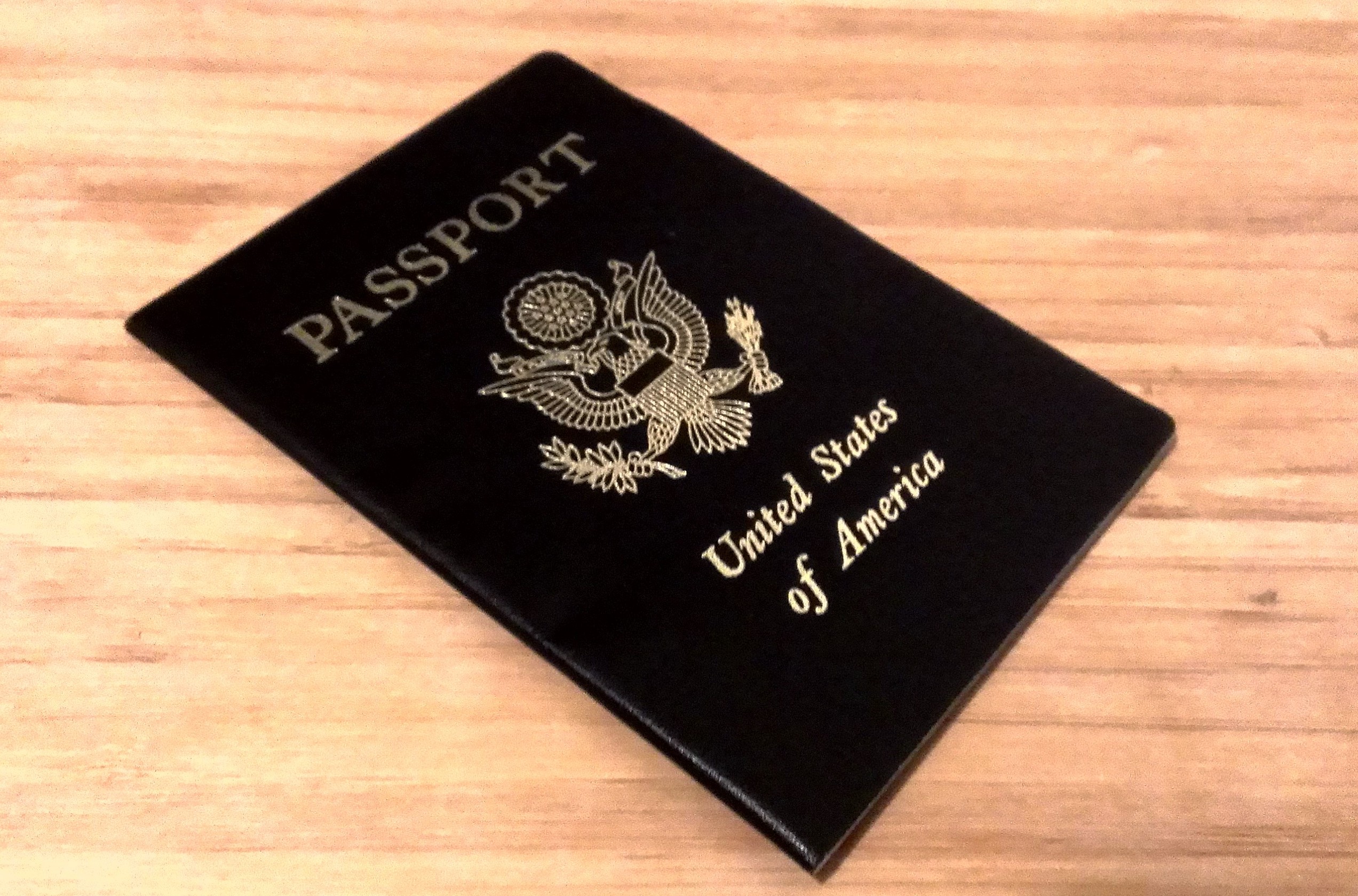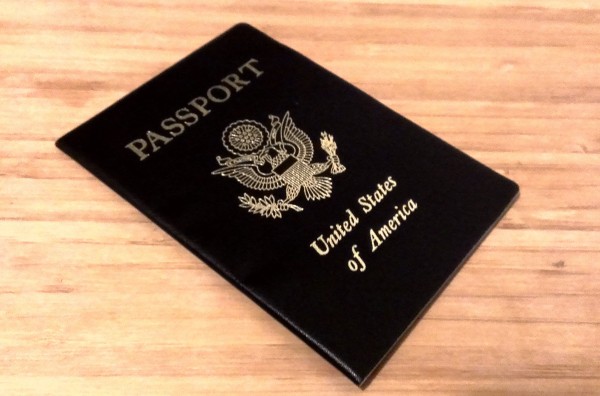When I was in college, I stumbled across the Calvin and Hobbes comic strip, by Bill Watterson. In particular I was quite taken with the strip where Calvin and his toy tiger Hobbes discuss where babies come from. By the end of the strip Hobbes looks at Calvin’s shirt tag and says “You came from Taiwan”. I guess I really liked it since I really did come from Taiwan, and I came into the world in the usual way, born to my biological parents. The usual way changed around 1989, when infertility treatments took off, and prospective parents started having options for having children that involved using donor sperm, donor eggs, traditional and gestational surrogates.
The phenomenal increase in the use of IVF and surrogacy was also a big boon to same-sex couples who wanted to start families and have children of their own. Many same-sex couples have limited options in terms of starting families today, as many countries and adoption agencies limit adoption to heterosexual couples, and some same-sex couples want a child that is at least partly biologically theirs. With the difficulty in finding surrogates in the U.S., many families, heterosexual and same-sex turned to Asia to find surrogates to carry their babies, something I wrote about back in 2009. Many of those in America looking for surrogates found them, for example, in India.
In another part of Asia, China specifically, surrogacy is banned. This has caused problems for Chinese families that have fertility issues and are trying to create families of their own. A recent news report from NPR, documents how infertile Chinese couples are increasingly turning to America for surrogacy options to bypass China’s ban, and in the process having babies that are made in the USA.
Of course it’s only the wealthy Chinese who have this option as surrogacy remains a very expensive way to have children of your own (estimates are around $150,000 US dollars and more in the U.S.). One of the side benefits for Chinese couples coming to the U.S. for surrogacy is that their child also gets that elusive U.S. citizenship and passport, and surrogacy may be the easier route to get the baby a U.S. passport given that maternity tourism is coming under increasing scrutiny in the U.S.
The other benefit of surrogacy in the U.S. for Chinese couples is that it also bypasses the birth limits set by the Chinese government. According to the NPR article Chinese citizens taking advantage of surrogacy in the U.S. has taken off recently, and as much as 47 percent of the waiting list at one U.S. surrogacy firm is Chinese clients.
Gay Chinese men are also using surrogacy in the U.S. to have children, as being gay in China is still a taboo issue for many, and having children is as tough for gay Chinese men as it is for gay men anywhere.
Coming to the U.S. to have a baby through surrogacy isn’t problem free, as many Chinese have found out. Initially many Chinese may want to ask their surrogates to practice the same behaviors that traditional Chinese moms-to-be adhere to. And many Americans find these same practices to be just superstition or just ridiculous. For example, there’s a belief in Chinese culture that if you’re pregnant you should not have any cold food or drinks as that might cause miscarriage. One prospective Chinese couple was shocked to see their American surrogate drinking ice water, something very common in American society.
Surrogacy can be a bumpy ride to creating a family, and with the addition of Chinese parents looking for surrogates in the U.S., it may get more difficult to find a willing surrogate to carry your child. When I went through the process back in 2004, we had to wait six months to be matched to a surrogate and we were warned it could have been much longer. But when you have your child in your arms, there’s truly nothing else like it. As Mark, the gay man in the NPR article says “When I hold her, look at her, my heart was expanding.”









